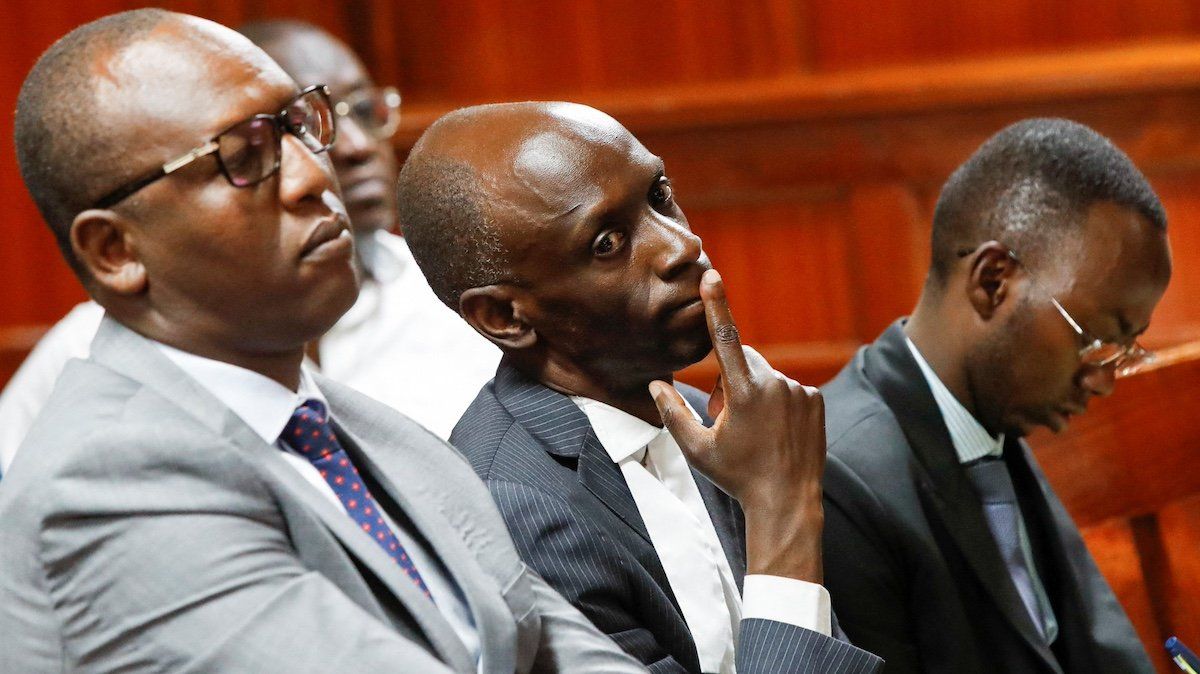On Sunday, the US reiterated its support for a Kenyan-led police deployment to Haiti despite Nairobi’s High Court ruling on Friday that the government could not deploy it. The long-awaited decision casts severe doubt on the prospects for stabilization in the Caribbean country.
The court’s reasoning surprised all sides, circumventing the parliamentary opposition’s specific legal objections and focusing on the fact that Kenya did not have a bilateral agreement with Haiti to undergird the police deployment. The decision will prevent Kenyan police (and, more than likely, police from countries that had pledged to support Nairobi) from deploying immediately, but it leaves the door open to a future arrangement if an agreement can be sealed.
That’s easier said than done, seeing as the terms for all of Haiti’s elected officials expired over a year ago. Not to mention, perpetual power player Guy Philippe has been released from an American prison and sent back to Haiti, where he is already attempting to seize power.
He made a splash earlier this week by enlisting the loyalty of an odd force, Haiti’s armed environmental protectors. They attacked a customs office in northern Haiti this week before being repelled by the national police, and say they will support Philippe in his attempt to overthrow acting Prime Minister Ariel Henry.
Ordinary Haitians, meanwhile, are subject to rampant extortion, violence, and rape by the criminal gangs that control the capital and major cities, and impede humanitarian groups’ efforts.


















